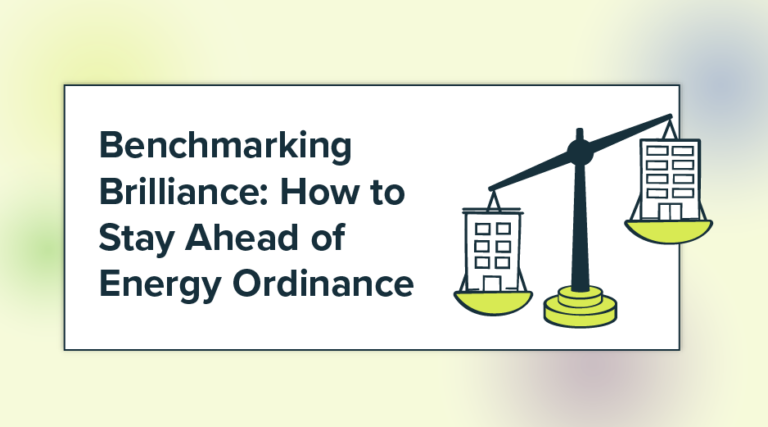 If you have an energy conservation project that’s waiting for funding, the U.S. Department of Energy may soon be able to help.
If you have an energy conservation project that’s waiting for funding, the U.S. Department of Energy may soon be able to help.
Last month, the full House Committee on Energy and Commerce approved HR 2088, an important first step in the legislative process to renew and refund the Energy Efficiency and Conservation Block Grant (EECBG) Program.
The funding renewal has been a top legislative priority of The United States Conference of Mayors (USCM). As approved, the legislation will commit $3.5 billion annually—$17.5 billion over five years—in formula-based grants, allocated directly to cities, counties, tribal governments, and states.
{{cta(‘3c84c272-1650-45ef-83e6-e46a0c26cac1′,’justifycenter’)}}
The legislation, as existing law provides, continues to extend flexibility to local and state governments to invest these new resources across 14 categories of eligible projects and programs, including the development of comprehensive energy conservation and efficiency plans; conversion of street lighting to highly efficient LED lighting; installation of renewable energy technology (e.g., solar, wind, fuel cell, and biomass energy) on municipal and other qualifying buildings; and weatherization of government buildings.
“For many cities, the energy block grant program is critical in helping accelerate local actions to reduce energy use and climate emissions,” said Bryan Barnett, Mayor of Rochester Hills (MI) and USCM President. During the committee’s deliberations, House Energy & Commerce Committee Chairman Frank Pallone (NJ) cited the need for continued local action to start ramping up even more, stating that local initiatives are the best bet for moving forward on energy infrastructure investment.
Under the bill, the Department of Energy will retain responsibility for implementing the program, as it did in the 2009–2010 period when the first round of EECBG funding was appropriated and provided to local and state governments. The EECBG Program, which was originally authorized in the Energy Independence and Security Act of 2007 enacted by President George W. Bush, was first funded by the American Recovery and Reinvestment Act of 2009 (ARRA). Activities eligible for funding under the original EECBG program included the following:
- Development of an energy efficiency and conservation strategy and technical consultant services to assist in the development of such a strategy
- Residential and commercial building energy audits
- Financial incentive programs for energy efficiency improvements
- Grants to nonprofit organizations and governmental agencies for the purpose of performing energy efficiency retrofits
- Energy efficiency and conservation programs for buildings and facilities
- Development and implementation of transportation programs to conserve energy
- Building codes and inspections to promote building energy efficiency
- Energy distribution technologies that significantly increase energy efficiency, including distributed generation, combined heat and power, and district heating and cooling systems
- Material conservation programs including source reduction, recycling, and recycled content procurement programs that lead to increases in energy efficiency
- Reduction and capture of methane and greenhouse gases excluding carbon capture or sequestration from power plants
- Energy efficient traffic signals and street lighting
- Renewable energy technologies on government buildings
- Other appropriate activities that met the purposes of the program and approved by DOE
The EECBG renewal legislation still needs to successfully complete multiple steps before being signed into law. The bill’s status can be monitored via Congress.gov, and you can register to receive alerts regarding its progress. In the meantime, we encourage you to start organizing your project details and the amount of funding required. Issuing an RFI can be a useful first step in documenting your project requirements and gathering information about the solutions that are available. You can jumpstart the RFI process by downloading our free RFI/RFP Template via the link below.
{{cta(‘7dc71b1f-5419-471c-84b7-48306c7b6bea’,’justifycenter’)}}
SOURCE: U.S. Conference of Mayors
 Best-in-class portfolio-level energy and utility bill data management and reporting.
Best-in-class portfolio-level energy and utility bill data management and reporting.
 Real-time energy and sustainability analytics for high-performance, net-zero buildings.
Real-time energy and sustainability analytics for high-performance, net-zero buildings.
 A holistic view of financial-grade scope 1, 2, and 3 carbon emissions data across your entire business.
A holistic view of financial-grade scope 1, 2, and 3 carbon emissions data across your entire business.
 Energy and sustainability benchmarking compliance software designed for utilities.
Energy and sustainability benchmarking compliance software designed for utilities.
 If you have an energy conservation project that’s waiting for funding, the U.S. Department of Energy may soon be able to help.
If you have an energy conservation project that’s waiting for funding, the U.S. Department of Energy may soon be able to help.

